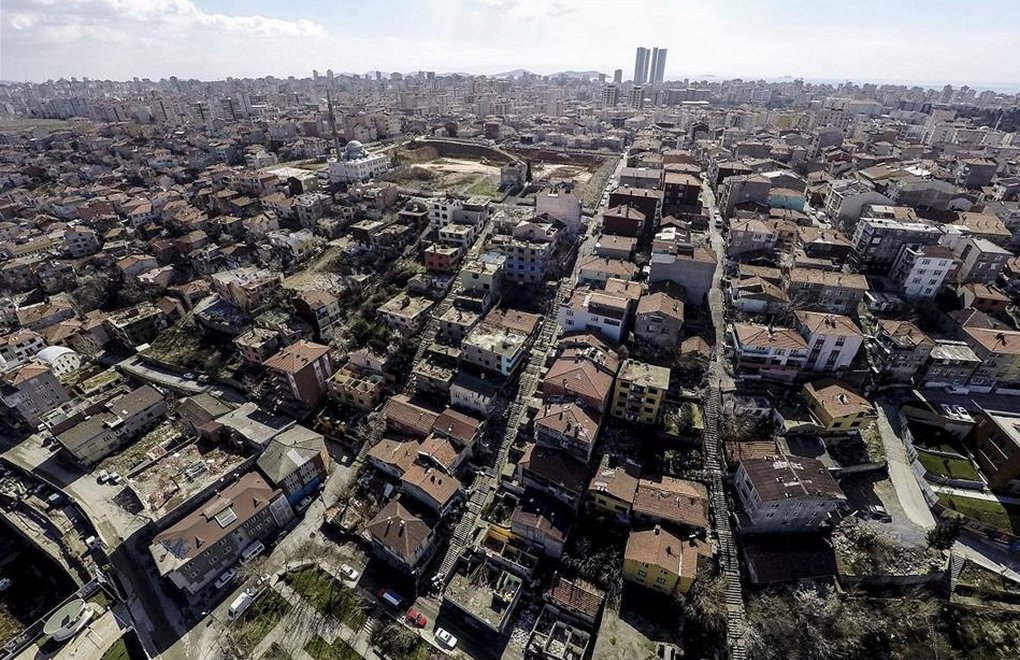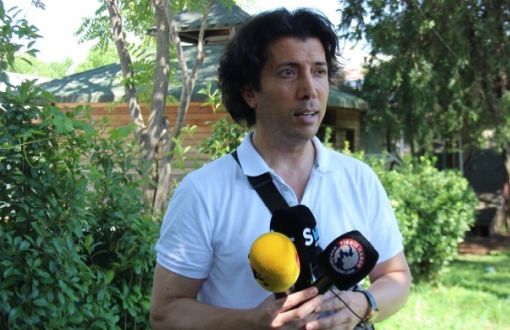Women attending a vocational course in Bingöl, organized through a partnership between the Ministry of National Education's Vocational Training Center (MESEM) and the Women's Power Initiative Production and Operations Cooperative, have alleged weeks of unpaid and uninsured work.
The women, who have reported their grievances to the Ministry of National Education and the Prime Ministry's Communication Center (CİMER), have yet to receive a response.
According to the women, who enrolled in the craft course to acquire vocational skills, their registrations were not initially confirmed. However, the cooperative later informed them via phone that their registrations had been approved, and they were to commence the course.
Forced labor
The women claim that, once the course started, they were not taught any craft skills but were instead forced to produce items such as bracelets and necklaces.
Speaking to bianet, the course participants explained that these products were being sold to companies that the cooperative had agreements with, a practice they allege was common knowledge. According to their claims, at least 40 women were exploited in this manner.
One of the attendees, who reported working without pay or insurance for a week during a “trial period,” shared her experience: "They told me after registering that there was a 'one-week trial period.' I worked during that time, and afterward, they said, 'Take a week off.' I learned much later that there was no such thing as a trial period.
"Then they called me and said, 'Your registration has been approved.' I began attending the course and producing items. Our registrations were not visible on e-Government, and when we inquired, they told us it would appear there in a month. When our wages were not paid after one and a half months, we began to complain, but they brushed us off.
"Later, they said, 'You don't have health insurance; we will call you in two weeks.' I called them after two weeks, and they said, 'The ministry has issued a new regulation, so your registration has not gone through.' Since our registration was not approved, they told us we wouldn't be paid."
There is no internet presence or contact information for the relevant cooperative, and there is no sign indicating the course's location in the building.
“Our fingers developed calluses”
Another course participant explained that even though their registrations for the course were not confirmed, they were required to take daily attendance to appear legitimate. They also claimed that they were coerced into making numerous bracelets daily.
"We are human too; we got tired, our hands hurt. Our fingers developed calluses from constant work. We had no lunch break, and they didn't allow us to rest. When we couldn't meet their demands on time, they would say, 'We have extended your working hours by an hour; either finish here or take it home and complete it to deliver it in the morning without fail,'" she said.
"They were selling the bracelets we made to companies without paying us. They didn't keep this a secret; they did it openly. A cooperative supposedly established to recognize women's labor was exploiting it to make money."
Another course participant alleged that the cooperative's team knew about this exploitation from the beginning and used them to produce items for sale to companies.
"We argued about this. They told us, 'They won't be able to pay you, but they'll give you 50 kurush per bracelet.' However, they didn't pay that money either. We want to file a criminal complaint, but initially submitted documents for our registration are not being returned to us. We filed complaints with MESEM and CİMER, but we have not received any responses. We want there to be consequences for this violation of our rights."
When we attempted to reach out to inquire about the women's allegations, neither MESEM nor the Bingöl Provincial Directorate of National Education answered our calls. (ZA/EMK/VK)




.jpg)

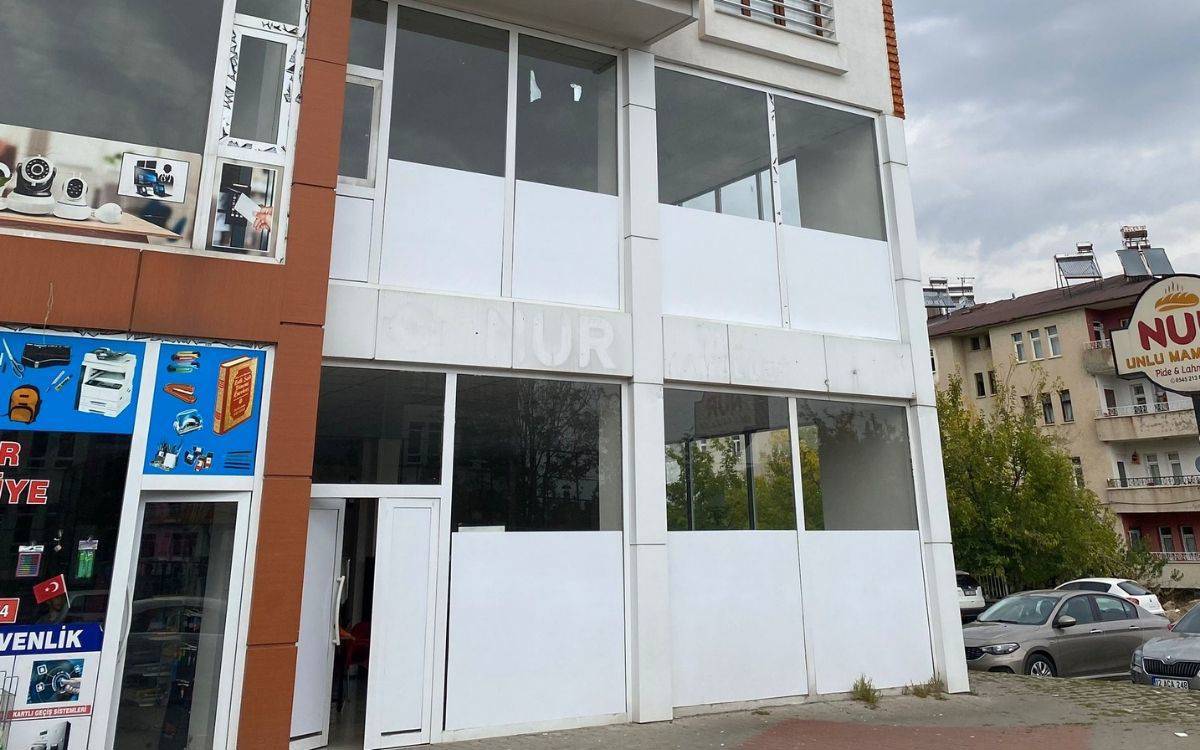
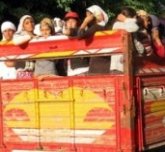
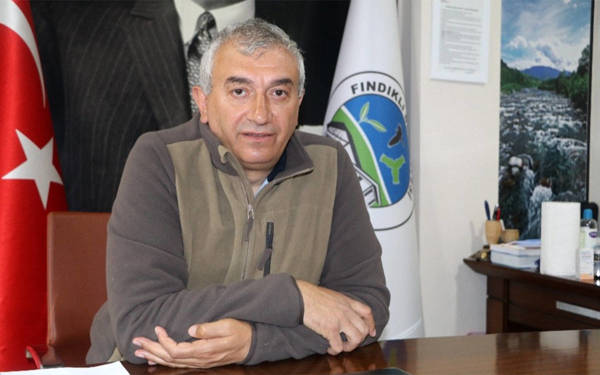
.jpg)
